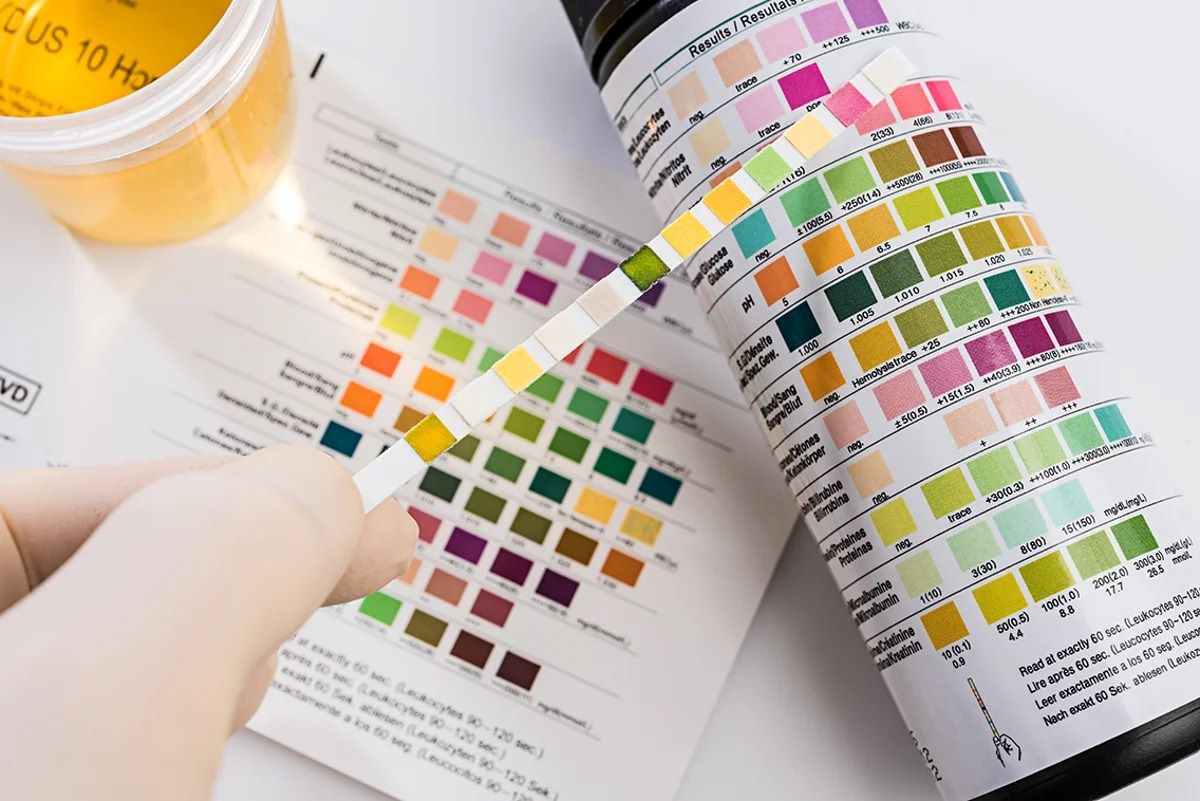
Curious about how cocaine testing works? You're in the right spot! Cocaine, a powerful stimulant, has significant effects on the body and mind. Detecting its presence, however, involves sophisticated science. From law enforcement agencies to employers, various entities rely on cocaine testing to ensure safety and compliance. This process isn't just about identifying illegal substance use; it's also crucial for medical and forensic investigations. In this guide, we'll unveil 30 facts about cocaine testing that cover methods, detection times, and the impact of these tests on individuals and society. Whether you're a professional seeking detailed information or simply intrigued by the topic, these insights will shed light on the complexities and importance of cocaine testing.
What is Cocaine Testing?
Cocaine testing is a method used to detect the presence of cocaine or its metabolites in the body. These tests are crucial for various reasons, including medical diagnostics, employment screenings, and legal purposes. Here are some fascinating facts about cocaine testing.
-
Cocaine can be detected in various bodily fluids. Tests can analyze urine, blood, saliva, sweat, and hair to find traces of cocaine.
-
Urine tests are the most common. They are non-invasive, cost-effective, and can detect cocaine use within the past few days.
-
Blood tests are more precise. They can detect cocaine almost immediately after use but are more invasive and expensive.
-
Saliva tests are gaining popularity. These tests are less invasive than blood tests and can detect recent cocaine use.
-
Hair tests can detect long-term use. Cocaine can be found in hair samples for up to 90 days after use.
How Cocaine Metabolizes in the Body
Understanding how cocaine metabolizes helps in interpreting test results. Cocaine breaks down into several metabolites, which can be detected in various tests.
-
Benzoylecgonine is the primary metabolite. Most tests look for this substance rather than cocaine itself.
-
Cocaine metabolizes quickly. It breaks down within a few hours, but its metabolites linger longer.
-
Metabolites can be detected for days. Benzoylecgonine can be found in urine for up to four days after use.
-
Chronic users have longer detection windows. Frequent users may test positive for cocaine metabolites for weeks.
-
Hydrolysis and liver enzymes break down cocaine. These processes convert cocaine into detectable metabolites.
Factors Affecting Cocaine Test Results
Several factors can influence the outcome of a cocaine test. These variables can affect how long cocaine stays in the system and the accuracy of the test.
-
Body fat percentage matters. Cocaine metabolites can bind to fat cells, affecting detection times.
-
Hydration levels impact results. Drinking lots of water can dilute urine, potentially affecting test outcomes.
-
Frequency of use alters detection windows. Occasional users clear cocaine faster than chronic users.
-
Metabolism rate varies by individual. Faster metabolisms process cocaine more quickly.
-
Type of test used. Different tests have varying detection windows and sensitivity levels.
Cocaine Testing in Different Settings
Cocaine testing is used in various environments, each with its own protocols and reasons for testing.
-
Workplace testing is common. Many employers require drug tests to ensure a safe work environment.
-
Sports organizations test athletes. Cocaine is a banned substance in most professional sports.
-
Legal and forensic settings use tests. Cocaine testing can be crucial in criminal investigations and court cases.
-
Rehabilitation centers use tests. Regular testing helps monitor recovery progress in rehab programs.
-
Military personnel undergo testing. The military has strict drug policies and conducts regular screenings.
Accuracy and Reliability of Cocaine Tests
The accuracy and reliability of cocaine tests are essential for ensuring valid results. Various factors contribute to the effectiveness of these tests.
-
False positives can occur. Certain medications and foods can cause false positives in cocaine tests.
-
Confirmatory tests are used. Positive results are often confirmed with more specific tests like GC-MS (Gas Chromatography-Mass Spectrometry).
-
Cutoff levels determine positivity. Tests have specific thresholds for what constitutes a positive result.
-
Adulteration can affect results. Tampering with samples can lead to inaccurate results.
-
Chain of custody is crucial. Proper handling and documentation ensure the integrity of the sample.
Innovations in Cocaine Testing
Advancements in technology continue to improve cocaine testing methods, making them more accurate and accessible.
-
Portable testing devices are emerging. These devices allow for on-the-spot testing in various settings.
-
Non-invasive methods are being developed. New techniques aim to reduce the need for blood or urine samples.
-
Improved sensitivity and specificity. Modern tests can detect lower levels of cocaine and its metabolites.
-
Faster turnaround times. Advances in technology have reduced the time needed to get test results.
-
Integration with digital health records. Test results can now be seamlessly integrated into electronic health records for better tracking and analysis.
Piecing Together the Cocaine Testing Puzzle
Cocaine testing has its complexities, from the various methods used to detect presence in the body to understanding the implications of results. Whether it's for legal, employment, or personal reasons, knowing how these tests work, their accuracy, and the factors influencing detection times is crucial. With advancements in technology, tests have become more sophisticated, offering a clearer picture of substance use. However, it's also vital to consider the ethical and privacy concerns surrounding drug testing. As we navigate through the intricacies of cocaine testing, it's clear that staying informed and aware of the latest developments is key. Armed with this knowledge, individuals and organizations can make better decisions, ensuring safety and fairness in the process. Remember, knowledge is power, especially when it comes to understanding the ins and outs of cocaine testing.
Was this page helpful?
Our commitment to delivering trustworthy and engaging content is at the heart of what we do. Each fact on our site is contributed by real users like you, bringing a wealth of diverse insights and information. To ensure the highest standards of accuracy and reliability, our dedicated editors meticulously review each submission. This process guarantees that the facts we share are not only fascinating but also credible. Trust in our commitment to quality and authenticity as you explore and learn with us.


